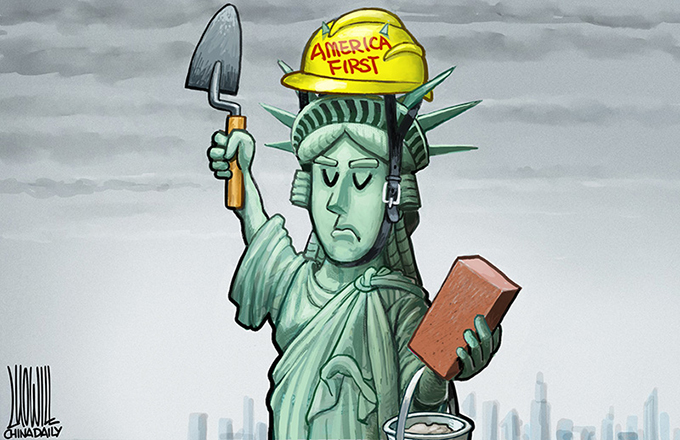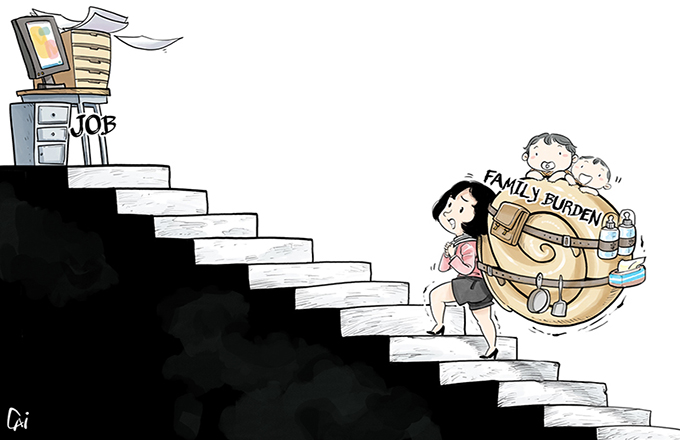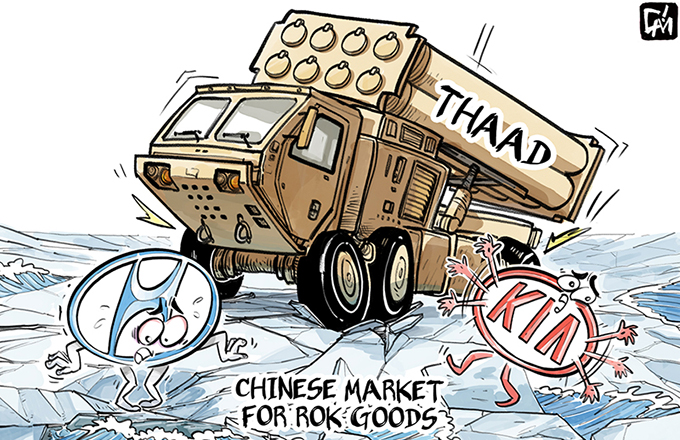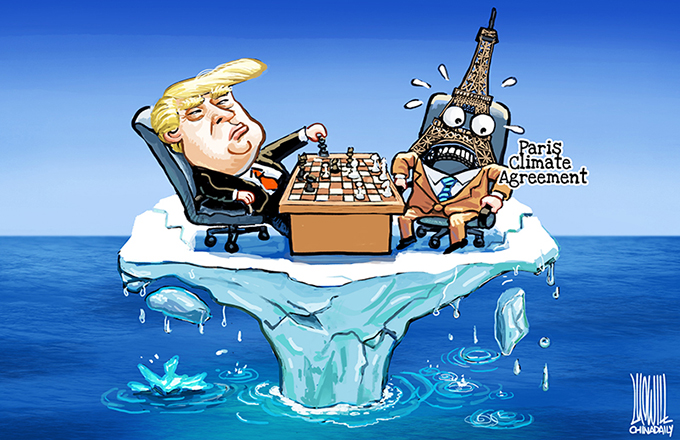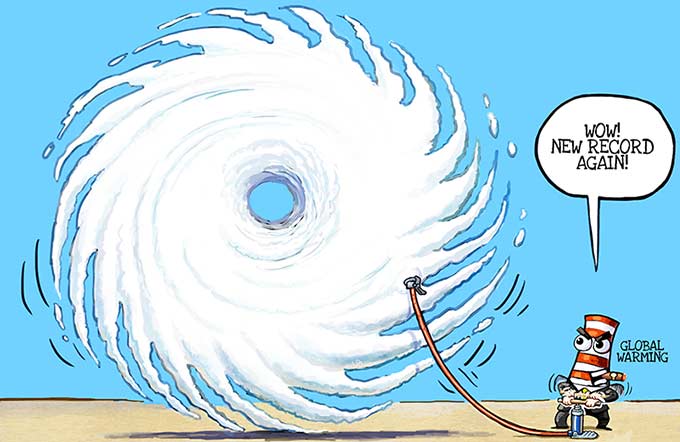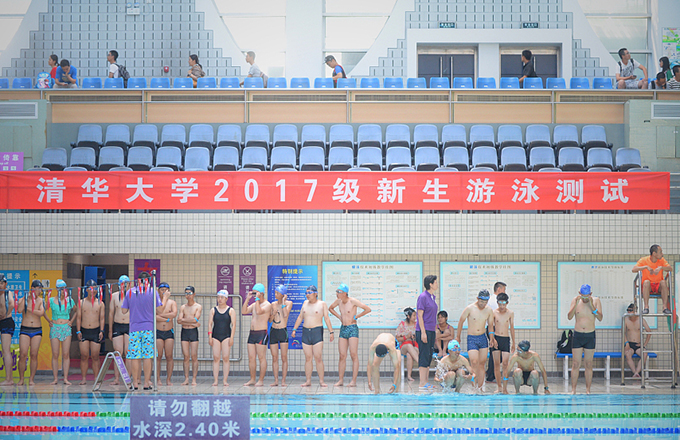ROK firms' pullout reflects loss of edge
Editor's Note: Transnational companies based in the Republic of Korea, including Lotte Mart, are retreating from the Chinese market, possibly to cut their losses. Four experts share their views on Beijing-Seoul economic ties with China Daily's Cui Shoufeng. Excerpts follow:
Separate economic ties from security concerns

ROK Finance Minister Kim Dong-yeon met with foreign investors in New York on Wednesday, in a move to reassure prospective investors that the country's economy remains solid despite heightened tensions on the Korean Peninsula. He is right to stay positive, as the ROK has forecast its economic growth will be 3 percent this year, the fastest since the 3.3 percent in 2014.
Unfortunately, the trade and investment exchanges between China and the ROK, once close trade partners, appear to nosedive after the ROK decided to deploy the US Terminal High Altitude Area Defense anti-missile system on its soil.
Fearing their Chinese operations might suffer, some prospective ROK investors have canceled plans to explore the Chinese market while looking to the United States, Russia and Vietnam instead. The ROK's Lotte Group has closed about 80 percent of its 112 stores in China in more than six months and is expected to shut down more. For years China has been home to nearly a quarter of ROK exports, but the figure is likely to fall to 23 percent, or even less, this year.
It is critical that Beijing and Seoul disconnect economic issues from security concerns, a prerequisite for the normalization of bilateral trade ties. The deployment of THAAD has a lot to do with Washington's Asia-Pacific maneuvering and Seoul's worries over the nuclear threat posed by Pyongyang. It is not and should not be an exclusive problem between China and the ROK. The US and the DPRK's respective concerns should be heeded, which can pave way for resumption of talks.
Beijing and Seoul still have time to separate their economic ties from their security concerns. They could start doing so by engaging in candid dialogue only on security issues, which they did not do enough before THAAD was deployed. Grassroots exchanges and public diplomacy should be deepened and diversified to avoid wider distrust between the two peoples. There is also room for reciprocal coordination between China's Belt and Road Initiative and the New Northern Policy, which was proposed by ROK President Moon Jae-in earlier this month with a focus on building a Eurasian economic community through cooperation with Russia.
Kim Sang-soon, president of the ROK-based Institute for East Asia Peace Studies, and a senior researcher at the Charhar Institute in China






